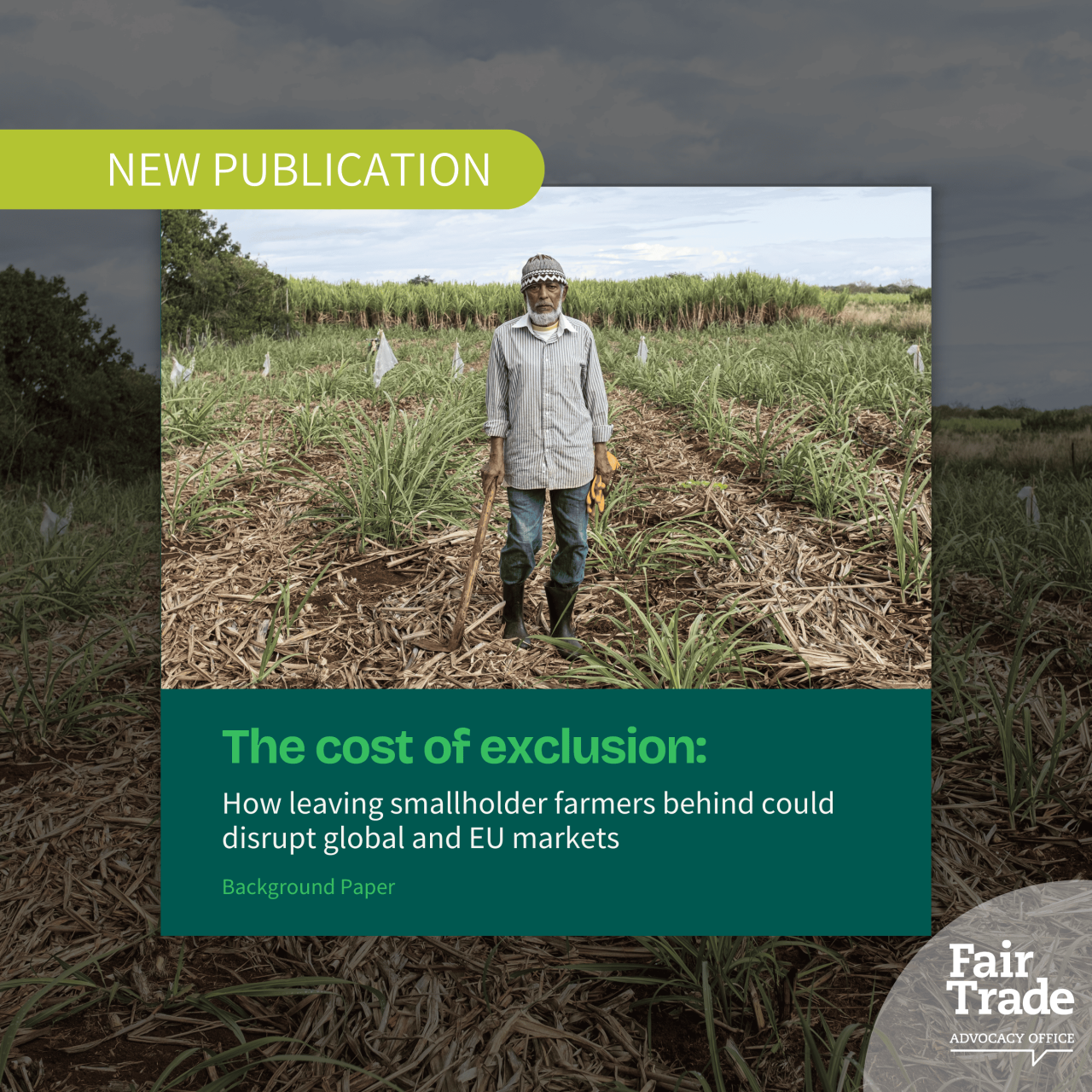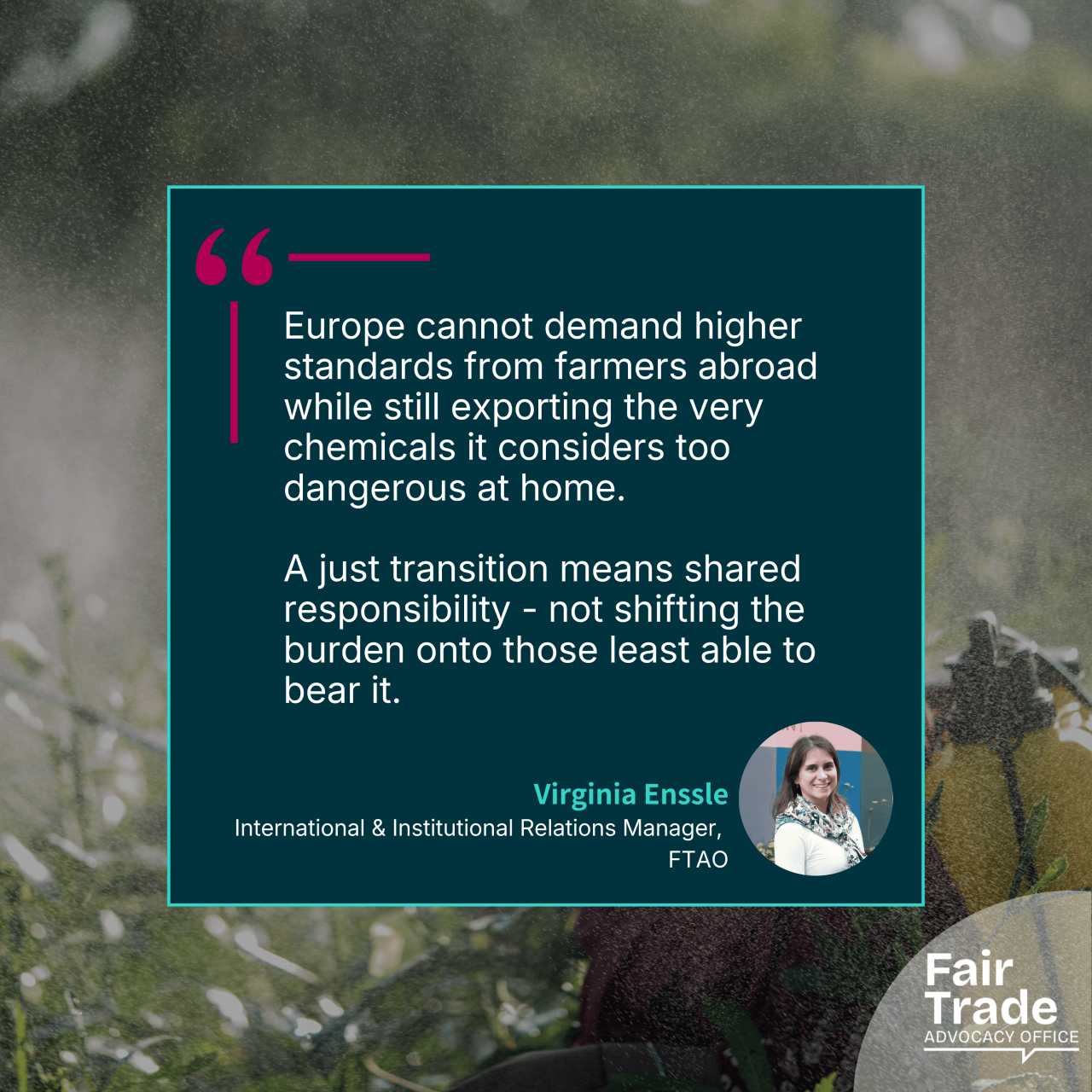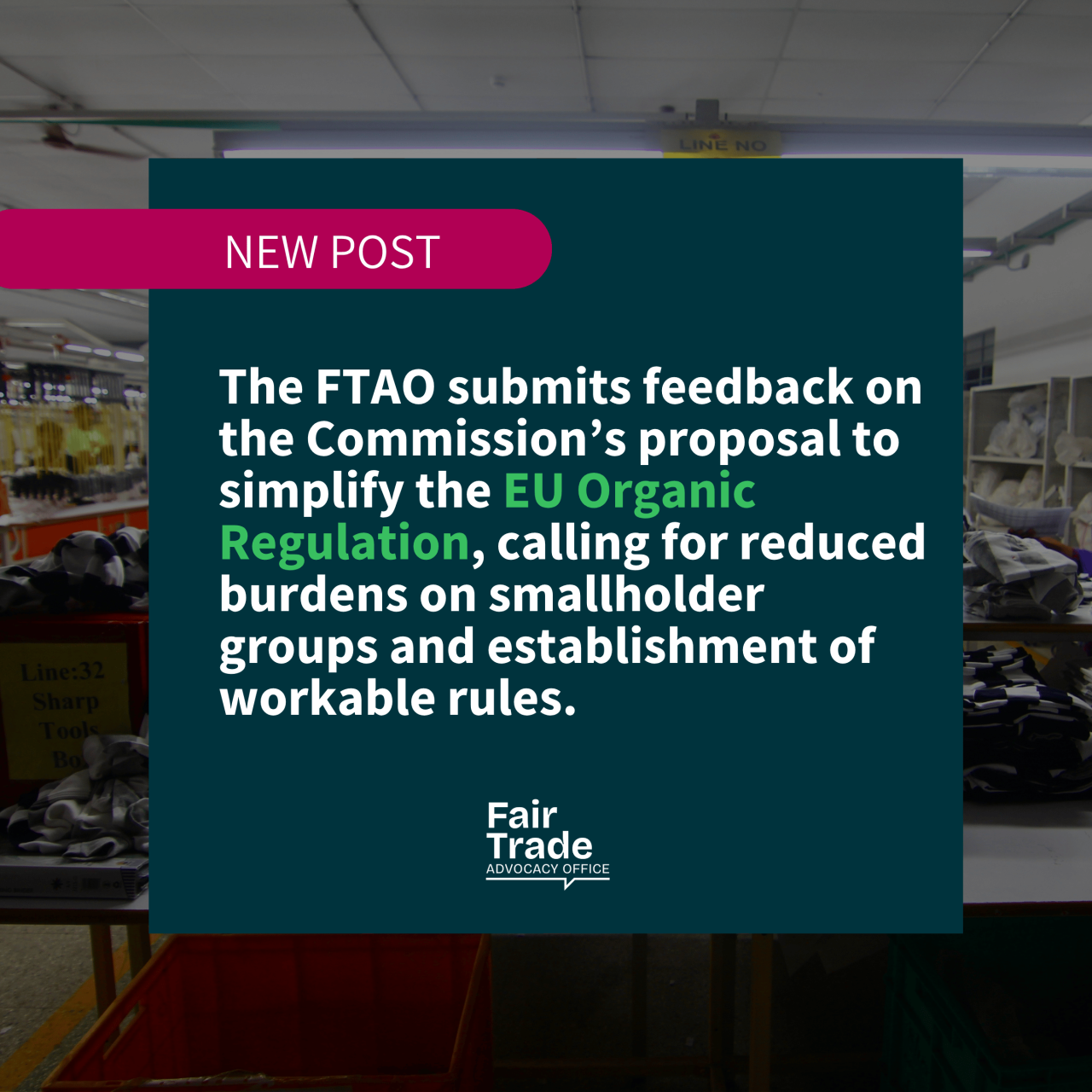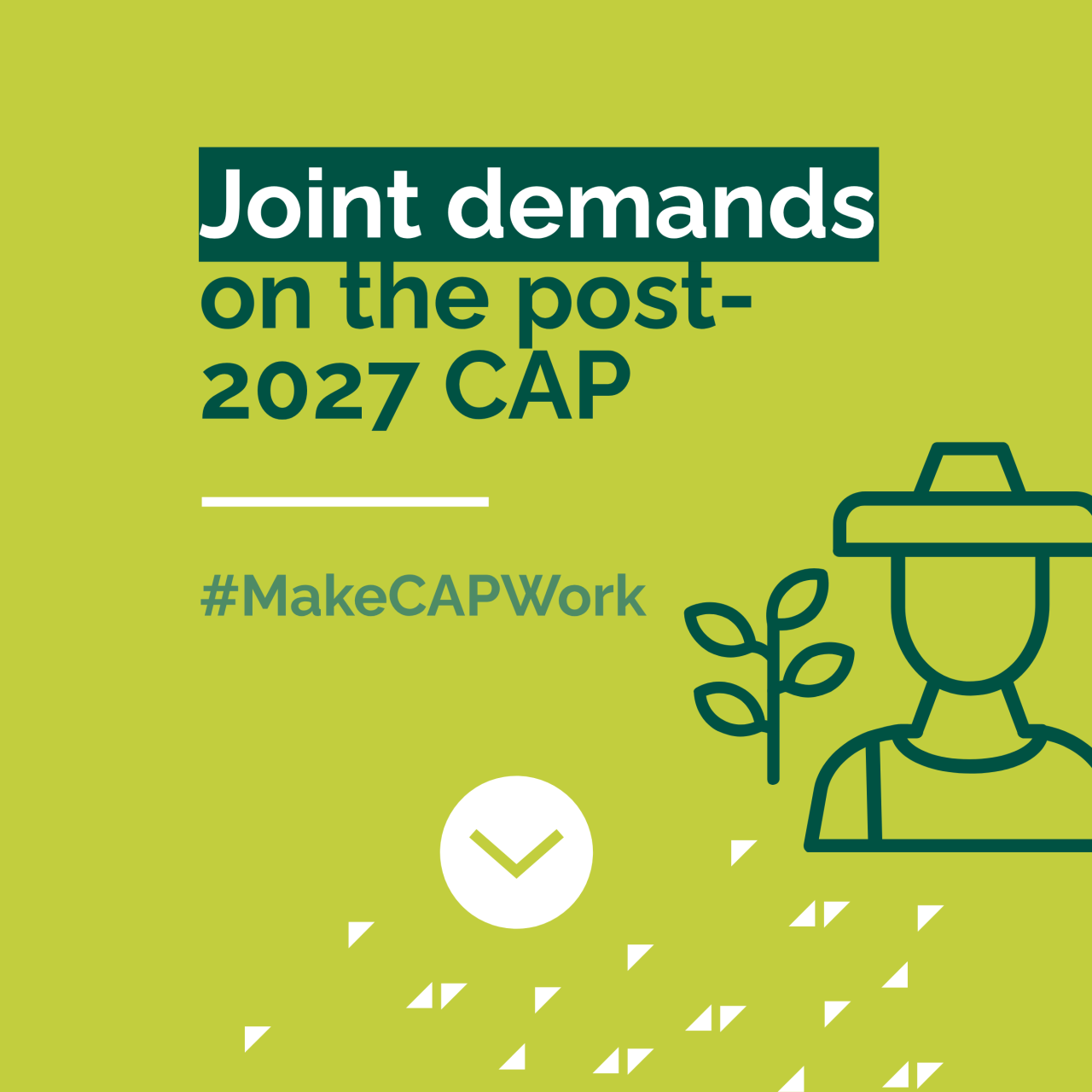The cost of exclusion: How leaving smallholder farmers behind could disrupt global and EU markets

Despite their pivotal role in feeding the world, smallholder farmers remain among the most vulnerable populations, often experiencing food insecurity and forming the majority of those living in poverty. Supporting smallholders to improve their incomes and livelihoods is essential for building sustainable food systems, strengthening global food security, and achieving the Sustainable Development Goal of Zero Hunger.
The European Union is a significant destination for smallholder-produced goods, importing large quantities of commodities such as cocoa, coffee, and bananas. Over 90% of global cocoa is grown by smallholders, fuelling Europe’s chocolate industry, while small-scale farmers produce 73% of the world’s coffee and 75% of its cotton. However, smallholders face numerous challenges, including limited market access, inadequate financial resources, and insufficient infrastructure. Climate change exacerbates these vulnerabilities, leaving many smallholders without the tools or capacity to adapt to increasing climatic risks.
This paper highlights the importance of safeguarding small-scale farmers in global supply markets. Protecting smallholders requires addressing systemic barriers while leveraging their contributions to sustainable agriculture. These farmers are crucial in preserving biodiversity and employing agroecological practices that protect ecosystems and mitigate climate change. However, without targeted interventions, their exclusion from modern supply chains risks undermining global food security, destabilising rural economies, and weakening agricultural resilience.
More From The Workstream

Fair Trade Movement calls on EU to adopt a just, global phase-out of Highly Hazardous Pesticides

The Fair Trade Movement welcomes amendments proposed by the European Commission to group certifications in the EU Organic Regulation

The FTAO's feedback on the European Commission's proposal for the simplification of the EU Organic Regulation
